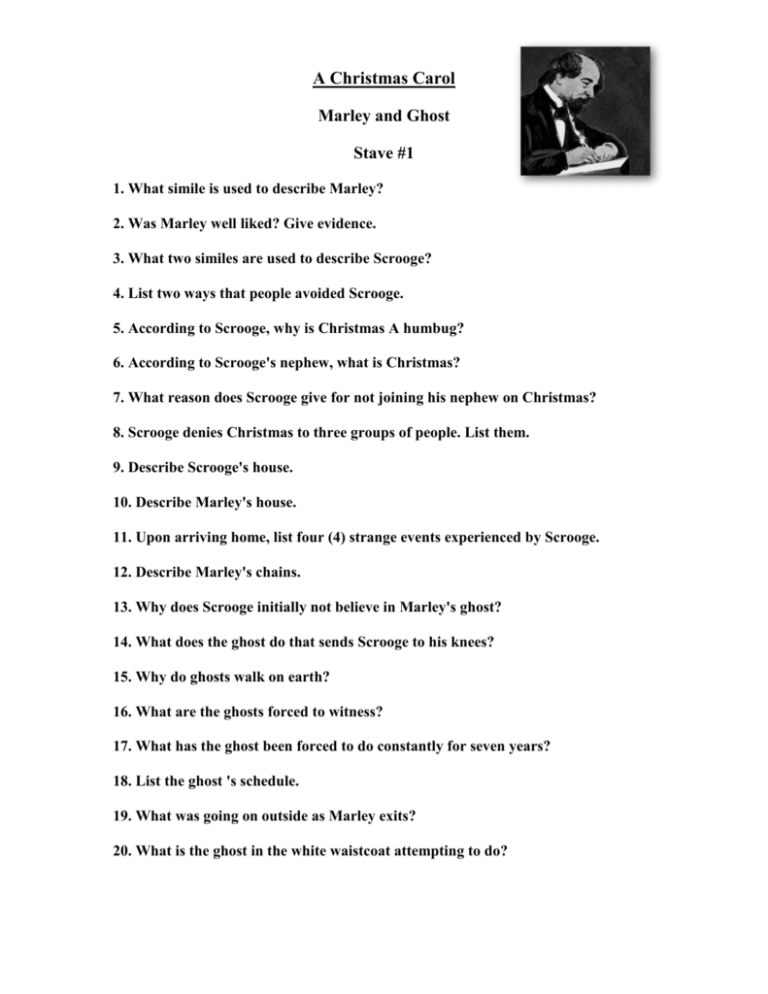A Christmas Carol: Past Questions And Their Significance
A Christmas Carol: Past Questions and Their Significance
Related Articles: A Christmas Carol: Past Questions and Their Significance
Introduction
With enthusiasm, let’s navigate through the intriguing topic related to A Christmas Carol: Past Questions and Their Significance. Let’s weave interesting information and offer fresh perspectives to the readers.
Table of Content
A Christmas Carol: Past Questions and Their Significance

Charles Dickens’s "A Christmas Carol" is a timeless classic that continues to resonate with readers and audiences across generations. The novella’s enduring popularity stems from its powerful exploration of themes like redemption, social responsibility, and the transformative power of compassion. In academic settings, "A Christmas Carol" often serves as a subject of study, prompting students to engage with the text on a deeper level. This engagement often takes the form of answering past questions, which serve as a valuable tool for fostering critical thinking and understanding.
Exploring the Past Questions: A Journey into Meaning
Past questions related to "A Christmas Carol" typically delve into the novella’s various facets, prompting students to analyze its characters, themes, symbolism, and literary techniques. These questions are designed to encourage a nuanced understanding of the text, fostering a deeper appreciation for its complexities and enduring relevance.
Common Themes and Questions:
-
Redemption and Transformation:
- How does Scrooge’s journey demonstrate the potential for change and redemption?
- What role does the Ghost of Christmas Present play in Scrooge’s transformation?
- How does the novella portray the power of forgiveness and second chances?
-
Social Justice and Inequality:
- How does Dickens depict the social inequalities of Victorian England?
- What is the significance of Scrooge’s initial treatment of the poor and his subsequent change of heart?
- How does the novella critique the economic and social systems of the time?
-
Family, Love, and Compassion:
- How does the novella explore the importance of family and human connection?
- What role does the Ghost of Christmas Past play in highlighting the significance of past relationships?
- How does the novella demonstrate the transformative power of compassion and empathy?
-
Symbolism and Imagery:
- What are the symbolic meanings of the ghosts and their respective visions?
- How does Dickens use imagery to create a sense of atmosphere and convey specific themes?
- What is the significance of the recurring motif of light and darkness?
-
Literary Techniques:
- How does Dickens use dialogue to develop character and advance the plot?
- What is the significance of the novella’s structure and the use of flashbacks?
- How does Dickens use humor and satire to critique Victorian society?
Benefits of Engaging with Past Questions:
- Enhanced Comprehension: Past questions encourage active reading and critical analysis, leading to a deeper understanding of the text’s intricacies.
- Improved Critical Thinking: By examining the text through different lenses, students develop their critical thinking skills, learning to analyze arguments, interpret symbolism, and draw informed conclusions.
- Development of Analytical Skills: Answering past questions requires students to break down complex ideas, identify key themes, and synthesize information from different parts of the text.
- Enriched Appreciation of Literature: Through the process of answering past questions, students gain a richer appreciation for the literary merit of "A Christmas Carol" and its enduring relevance.
FAQs: Addressing Common Concerns
Q: What are some tips for answering past questions effectively?
A:
- Read the text carefully and thoroughly: Multiple readings are often necessary to fully grasp the nuances of the text and identify key themes and characters.
- Identify the key question: Focus on the specific question being asked and ensure your answer directly addresses it.
- Support your arguments with textual evidence: Provide specific examples and quotes from the text to support your claims.
- Use clear and concise language: Organize your thoughts logically and express them in a clear and concise manner.
- Consider different perspectives: Explore multiple interpretations and consider opposing viewpoints to demonstrate a well-rounded understanding of the text.
Q: What are some common pitfalls to avoid when answering past questions?
A:
- Failing to answer the question directly: Ensure your answer is focused and addresses the specific question being asked.
- Oversimplifying the text: Avoid superficial interpretations and engage with the text’s complexities and nuances.
- Lack of textual evidence: Support your arguments with specific examples and quotes from the text to provide credibility to your analysis.
- Unclear or convoluted writing: Use clear and concise language to express your ideas effectively.
- Ignoring opposing viewpoints: Consider alternative interpretations and demonstrate a balanced understanding of the text.
Q: How can I find past questions for "A Christmas Carol"?
A:
- Online resources: Websites like StudyMode, SparkNotes, and Shmoop offer a wealth of past questions and study guides.
- Textbooks and course materials: Many academic textbooks and course materials include past questions and study guides for "A Christmas Carol."
- Online forums and communities: Online forums and communities dedicated to literature and education often share past questions and discussion prompts.
- Past exam papers: If available, past exam papers can provide valuable insights into the types of questions that are commonly asked.
Conclusion: The Enduring Value of Past Questions
Past questions related to "A Christmas Carol" are more than just academic exercises. They serve as a gateway to understanding the novella’s profound themes, its literary artistry, and its enduring relevance to contemporary society. By engaging with these questions, students can develop their critical thinking skills, deepen their comprehension of the text, and gain a richer appreciation for the power of literature to illuminate the human experience.





Closure
Thus, we hope this article has provided valuable insights into A Christmas Carol: Past Questions and Their Significance. We appreciate your attention to our article. See you in our next article!


